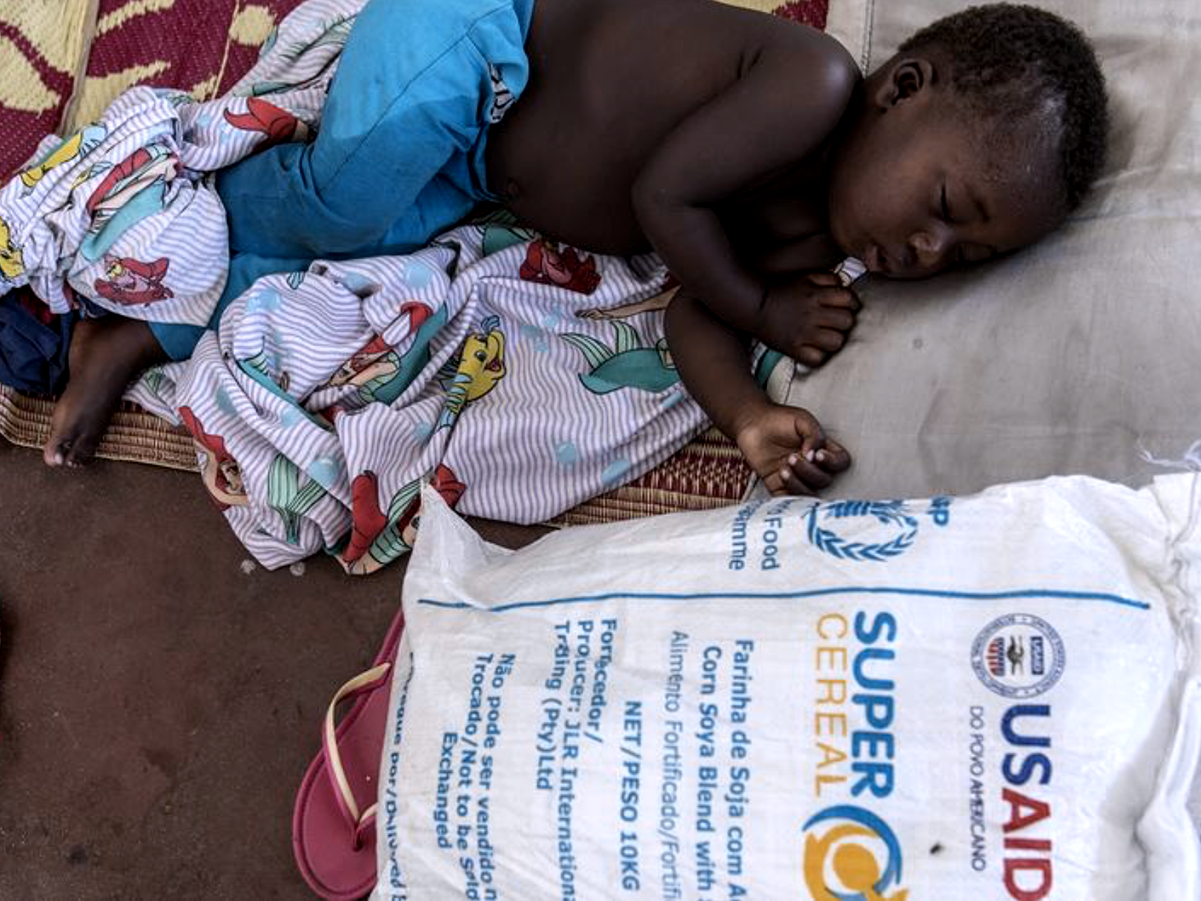The World Food Program warned that cuts in humanitarian aid could push 24 million more people to the edge of starvation over the coming year.
Rome-based WFP said on Tuesday it faces a more than 60% funding shortfall this year, the highest in its 60-year history, as governments increasingly scale back on international humanitarian aid due to multiple crises linked to factors such as inflation, conflict and climate change.









